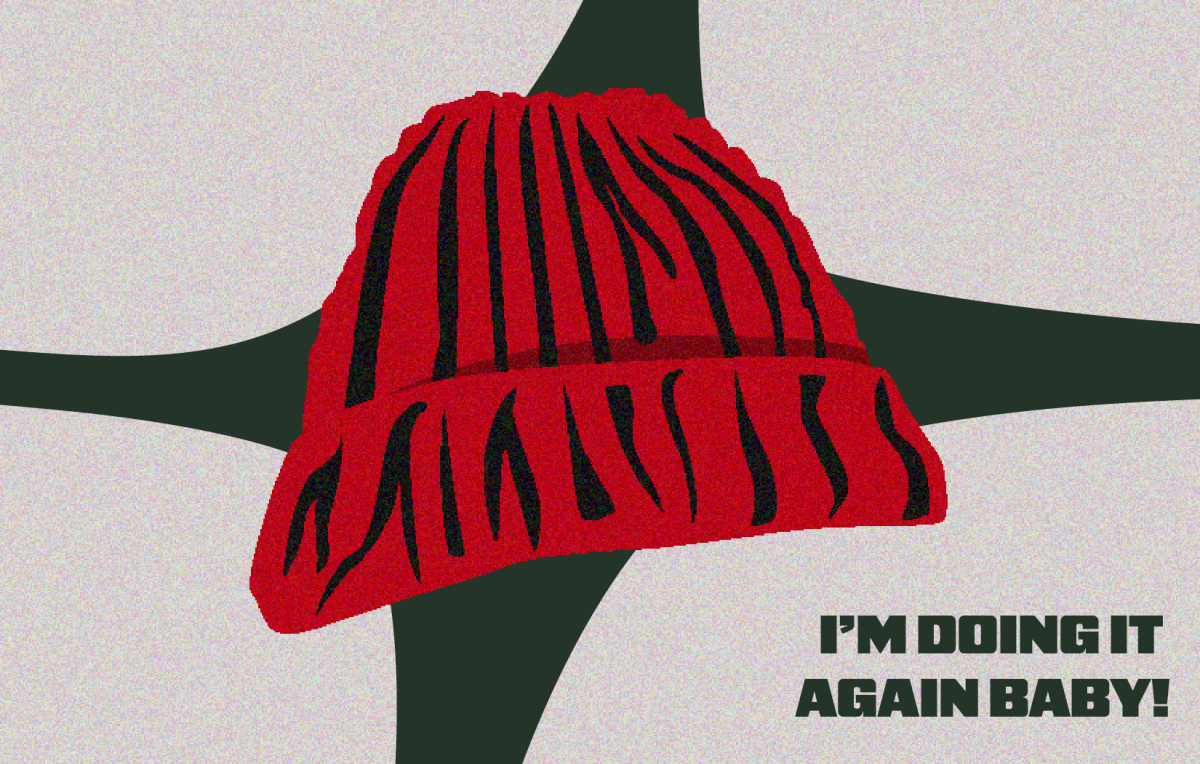Michael Sandel, a political philosopher and professor at Harvard, spent the day on campus on Wednesday. The author of “What Money Can’t Buy: The Moral Limits of Markets,” Sandel spoke at a lunch event and gave the Tanner Lecture at Kingsbury Hall about the troubling implications of a society in which more and more things are for sale. His arguments and his anecdotes are compelling, but his message merely scratches the surface of the problem our “market” society faces.
The United States used to have a market economy, he said — now it is a market society. In a market society people can buy their way to the front of a line, pass airport security, so to speak, and into a popular congressional hearing or Supreme Court case.
A market society is troubling for two reasons, Sandel argues. The first is inequality.
“The more money can buy, the more affluence matters,” he said.
The second reason is the “corrosive tendency of markets.” Attaching a market price to an item changes that item, and the market value can “crowd out” other values that matter, he said.
When I heard Sandel speak in May, he gave some thought-provoking examples of how market value corrodes other sources of value. There are now websites, he pointed out, that allow people to order a speech to give at a wedding reception. An uninspired best man fills out fields with information about the bride and groom — hometowns, food preferences — checks boxes for funny or somber speeches, and for $30 or so can buy a heartfelt tribute to the new couple.
If the bride and groom found out the speech was purchased, would that taint its sentimental value?
In another example, Sandel explained that elementary schools have started paying students to read, hoping the incentive will help them form a lifelong habit. Is it desirable for a 10-year-old to weigh whether reading is worthwhile at $1 a page rather than $5 a page?
His examples are still novel enough to be humorous, but they offer a glimpse of where a market society might take us.
On Wednesday, Sandel pointed out that financial markets today, in creating secondary markets where people place bets in which they have no real vested interest, push the morality question even further. Can we condone markets where traders can bet on whether a hurricane will wipe out Florida’s orange harvest, or on how long a person diagnosed with AIDS will live?
One participant in Wednesday’s lunch event asked Sandel who should feel responsible for speaking up on these issues and demanding change. He replied that democratic citizens have a responsibility to create a public discourse about the ethics of the market’s invasion into all aspects of life and demand that those behaviors deemed immoral be banned.
Imagine a case in which Americans overcome their seeming ignorance of, or indifference toward, the dubious morality that characterizes financial derivatives markets. An Occupy-like movement might spring up and gain critical mass. Congress might present and even pass a measure regulating the scope of future markets.
If these highly unlikely events were to occur, investors would no doubt move their money into foreign markets not regulated by domestic laws. The outflow of capital would hurt the economy, and politicians would scramble to deregulate in order to coax investment back to our shores.
The ease of international capital movement renders toothless any domestic regulation on the activities Sandel criticizes.
We must contend not only with how to assess morality in a market society, but how to regulate activity we deem immoral in a market society in which domestic regulation is impotent. Capital markets are still novel enough in their international nature to provide a striking example, but they offer a glimpse of where market society will take us.










